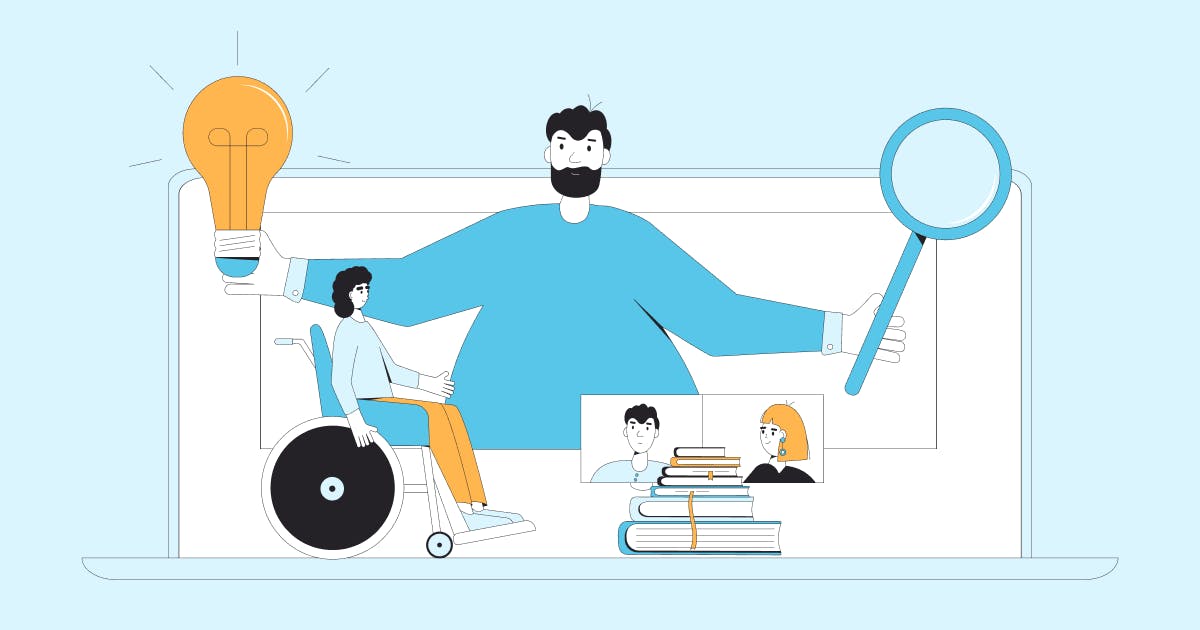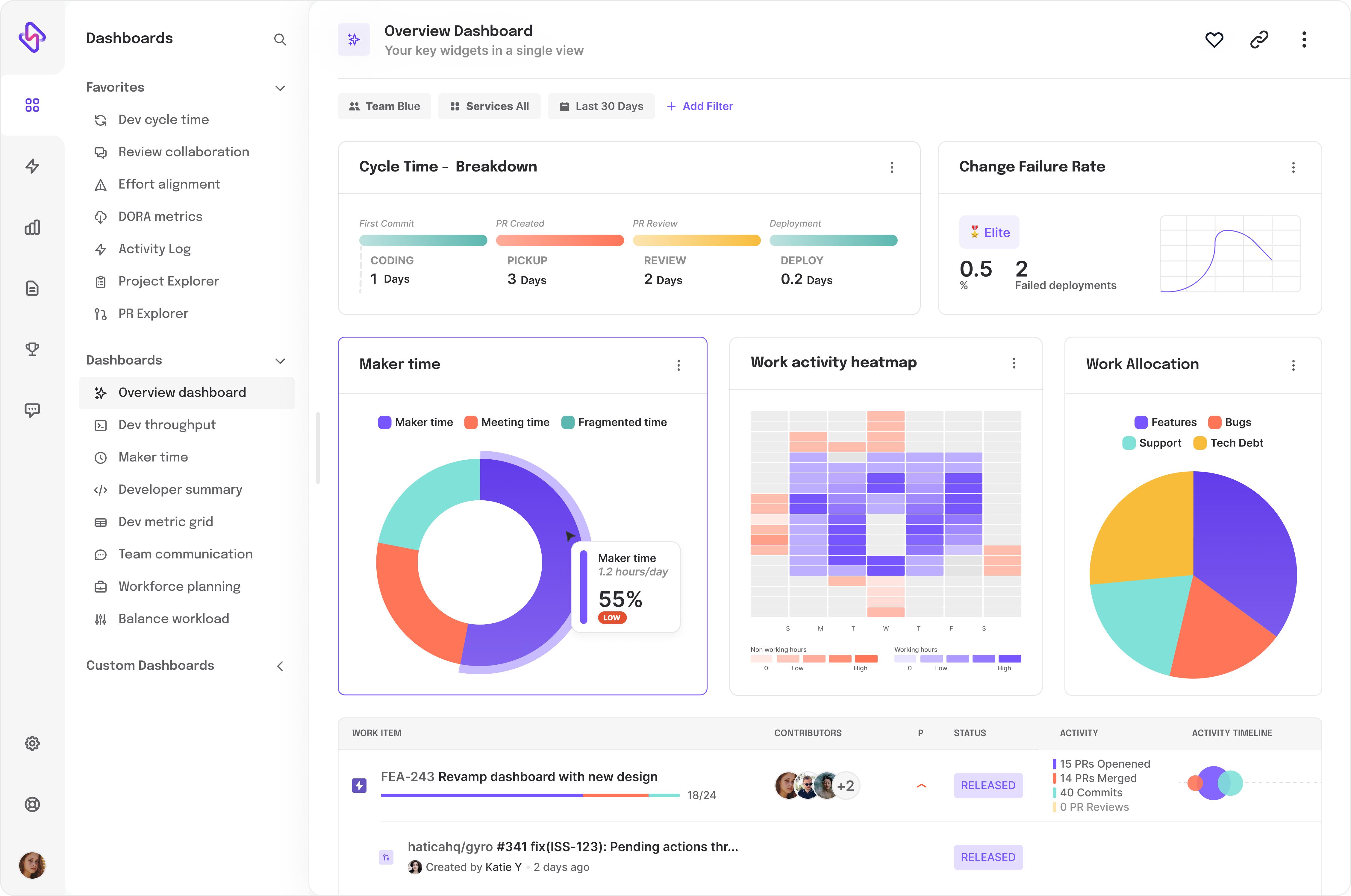Remote work & the concerns of monitoring productivity
Remote work or telecommuting has been a popular work model for knowledge workers for quite some time. However, the Covid-19 pandemic thrust the global workforce into adopting this model, where companies suddenly found themselves having to accelerate their adoption and usage of tech tools to enable business continuity in a disrupted environment. Over time, the global business community successfully adapted to the disruption, and today, we have realized that the paradigm shift to remote working can be a long-term and sustainable work model.
This new ecosystem brings with it endemic concerns that companies are faced with including ensuring productivity across their distributed teams, protecting company data, and ensuring IT compliance in their remote teams. As organizations continue to ensure business continuity, the focus is now on investing in people, technology, and processes that will allow organizations to thrive in a new normal.
An unfortunate misconception plaguing businesses, irrespective of industry or geography, is the notion that promoting productivity and ensuring business success can be achieved by monitoring employees. Work-from-anywhere saw a massive surge in demand for surveillance software that allowed employers to monitor subjective people-data including the use of tactics such as screen scraping, keystroke capture, location tracking, or video recording. Unfortunately, such surveillance tactics are counter-intuitive and have been proven to be ineffective and counterproductive.
Our own research surveying several distributed teams indicated that, even in companies that valued employee privacy, managers and leaders were struggling to gain visibility of their hybrid and remote teams, resorting to using surveillance techniques in order to understand how their teams were working and how to improve their process flows.
Why employee surveillance does not work
It is counterproductive to building organizational culture
A popular MIT Sloan study researched 1,000 organizations across 17 countries and concluded that surveillance significantly created a chasm between employees and managers:
“We found that more than 92% of employees being monitored trust their employers less, and 81% of managers trust their workers less.”
Another research by Baylor University found that there was an environment of increased employee tension and less job satisfaction that followed the usage of surveillance and monitoring software. “Our study suggests that just because organizations can electronically monitor employee behavior, it doesn’t mean that they should do so,” the researchers wrote. Any workplace, remote or traditional, needs to be built on a foundation of trust, camaraderie, and esprit de corps. Only then can the organization strive for sustainable success. Surveillance does not fit in a culture of trust.
Reduced intrinsic motivation
Intrinsic motivation has been proved as the most effective means of nurturing an efficient and engaged workforce. Employees increasingly want to find meaning, purpose, and joy in their work and this reflects in their progress and their competence. A great threat to intrinsic motivation in a workforce is the use of surveillance software that leads to lower engagement and lesser creative output, as shown by the 2019 study by the University of Jyväskylä in Finland, which measured the unintended consequences of internet monitoring software.
High employee turnover
A brilliant workforce can be nurtured only in a meticulously and thoughtfully crafted human-centric work culture. Particularly, the modern workforce comprising millennials and GenZ demand that employers exhibit a commitment to the highest ethical standards in both their internal as well as external processes. The Deloitte Global Millennial Survey from 2019 found that 55% of millennials plan to leave employers that prioritize profits over people. If organizations intend on retaining their human talent, they need to understand that surveillance will be frowned upon by their workforce.
Risk of abuse of private data
As companies monitor employees through collecting and mining vast amounts of private data, it leads to a labyrinth of data issues. Ranging from instances of data breaches, identity concerns, to the misuse of data to discriminate individuals, the scope to abuse the data collected is a large risk that organizations should not have to deal with.
Anxiety and burnout
The abrupt and adhoc shift to remote work has caused an upsurge in problems of anxiety and burnout which is exacerbated by a culture of mistrust and big brothering. Reports show that employees that work in stringent monitoring environments suffer severe anxiety and burnout.
[Read: How to Prevent Software Engineers' Burnout?]




